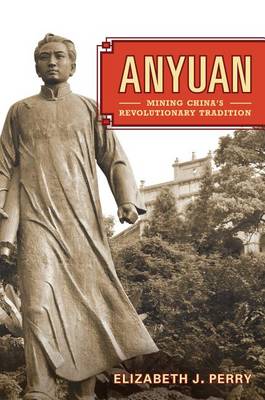How do we explain the surprising trajectory of the Chinese Communist revolution? Why has it taken such a different route from its Russian prototype? An answer, Elizabeth Perry suggests, lies in the Chinese Communists' creative development and deployment of cultural resources - during their revolutionary rise to power and afterwards. Skillful "cultural positioning" and "cultural patronage", on the part of Mao Zedong, his comrades and successors, helped to construct a polity in which a once alien Communist system came to be accepted as familiarly "Chinese". Perry traces this process through a case study of the Anyuan coal mine, a place where Mao and other early leaders of the Chinese Communist Party mobilized an influential labor movement at the beginning of their revolution, and whose history later became a touchstone of "political correctness" in the People's Republic of China. Once known as "China's Little Moscow", "Anyuan" came over time to symbolize a distinctively Chinese revolutionary tradition. Yet the meanings of that tradition remain highly contested, as contemporary Chinese debate their revolutionary past in search of a new political future.
- ISBN10 0520954033
- ISBN13 9780520954038
- Publish Date 1 October 2012 (first published 1 January 2012)
- Publish Status Active
- Imprint University of California Press
- Format eBook
- Pages 412
- Language English
